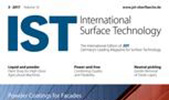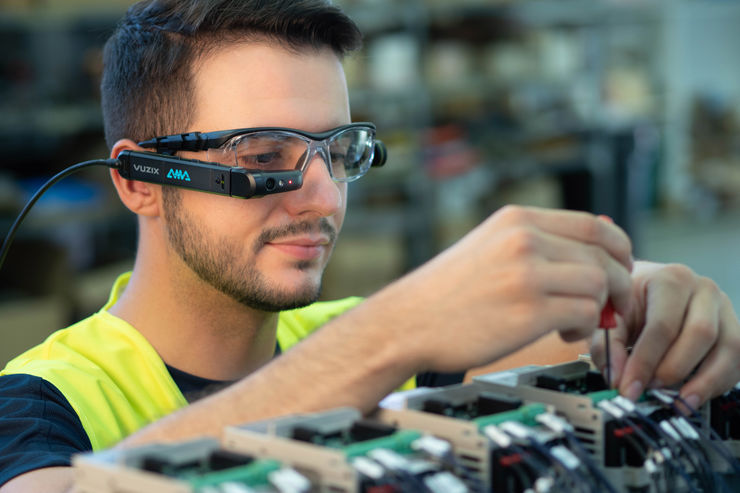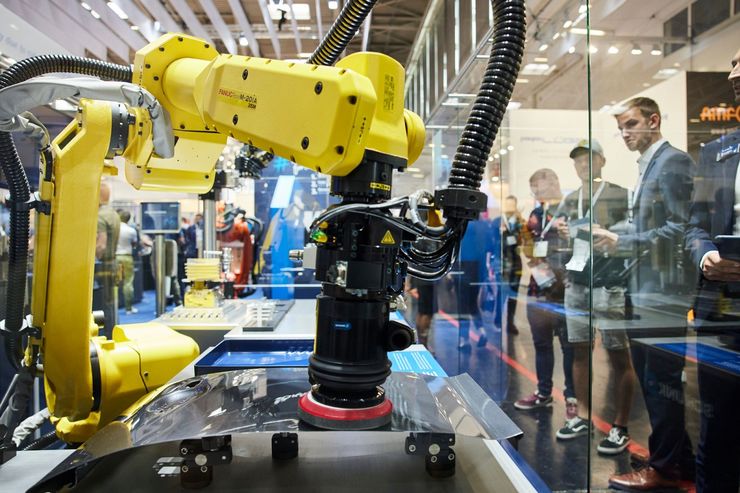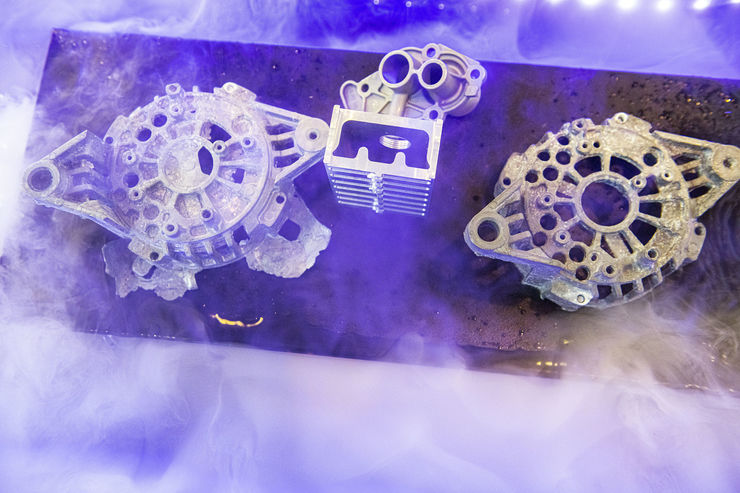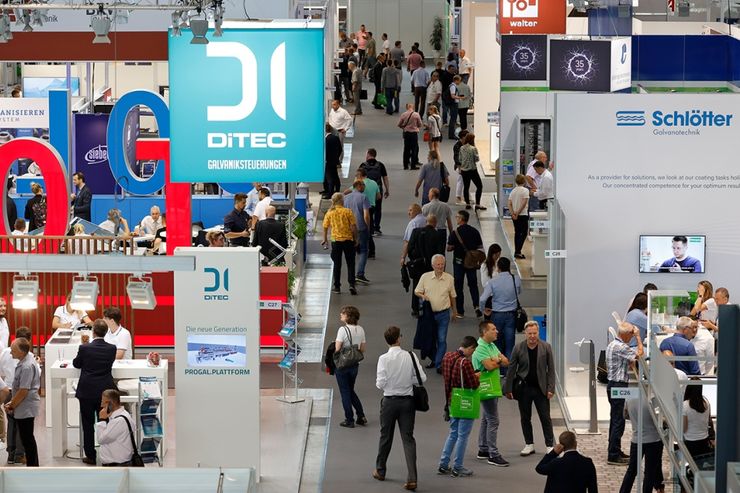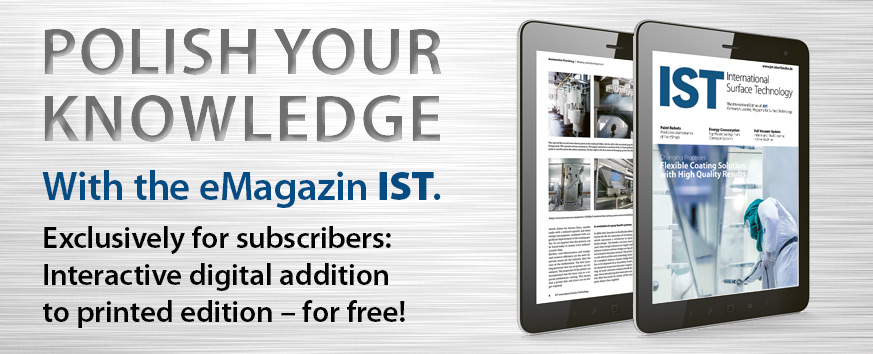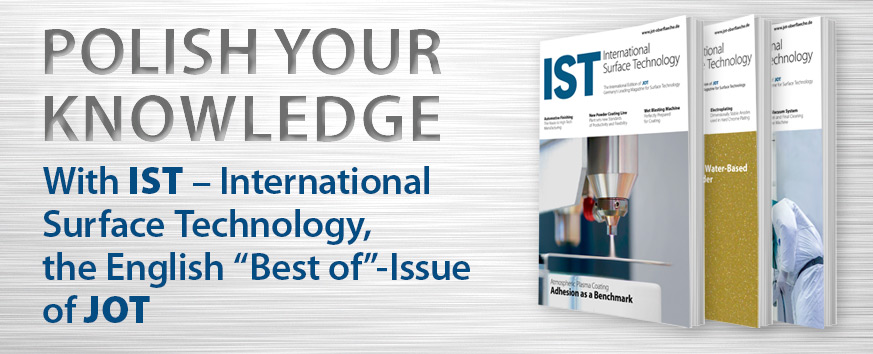In times of digitisation, automatic process control is becoming increasingly important. It guarantees constant quality and increases process reliability in pretreatment. There are various possibilities for automating the pretreatment process: In addition to the established automatic replenishment of chemicals, fully automatic bath replenishment is also possible and is preferable to manual replenishment for safety reasons. With the appropriate selection of pumps, both small and large quantities can be pumped with the same pump. In some cases additional pumps are used. Since the chemicals are pumped directly into the bath in fixed pipes, the risk of an industrial accident is greatly reduced. Mix-ups of chemicals during manual dosing are also practically eliminated, which increases process reliability. If the pumps are controlled by a program, this program can also record and monitor the consumption of the chemicals, so that irregularities can be quickly detected and corrected. The stocks of the individual chemicals can also be monitored and, if desired, orders can be placed directly with the supplier.
Anticipatory dosing
In addition to dosing via sensor values and bath values recorded subsequently in the laboratory, anticipatory dosing is desirable in order not to have to react to changes in the bath, but to prevent them from occurring in the first place. This can be achieved, for example, by recording the inflow of fresh water and including it in the dosing of the chemicals. A dosage depending on the number of product carriers or the pre-treated area is also possible. In this way, a constant operation mode and thus constant high quality can be achieved. Fresh water can be supplied according to demand and according to guide values, thus reducing the amount of fresh water, waste water and chemical products in the interests of sustainability. With simple technical means, automatic cleaning and sometimes even calibration of probes can be implemented. As a result, maintenance costs can be reduced with increased availability and reliability. In the course of digital control, extensive communication and storage options can also be implemented. Alarms in the event of limit value violations or faults are not only visible on site, but can also be sent to mobile devices. All input variables such as the sensor values of the baths or the laboratory values used for dosing are stored together and are centrally available for evaluation. Remote maintenance of the controller and remote access to all recorded data is possible. Together with a user, Henkel has put these concepts into practice and equipped an existing 10-zone chamber cycle pretreatment plant with an extensive automatic
AR-glasses in line support and troubleshooting
In order to bring both system control and plant management into the digital age, AR (augmented reality) glasses are increasingly being used. These are already in daily use in the maintenance of large industrial plants and support employees in the repair and maintenance of complex machines. The person on site wears data glasses which, when connected to a suitable mobile phone, transmit the wearer's field of vision to an observer in real time. This results in an immediate transfer of knowledge with the help of the "virtual shoulder view". In addition, there is the possibility to send documents, photos, instructions or other helpful information directly to the wearer of the glasses and thus to his or her field of vision. This supports the oral instructions considerably and avoids misunderstandings during communication. It is also possible to create photos and videos that can be edited by the viewer and sent back to the wearer in the glasses display.
The wide range of possible applications of this system has been tested to support a large pretreatment line and has far exceeded expectations. The glasses are an enrichment for the regular support as well as for quality checks, training purposes and for troubleshooting. Although the glasses do not replace the expert on site when it comes to complex problem solutions, the digital approach can be used to quickly convey a first impression and to order initial solution measures.
The complete article was published in German in the May/June issue of JOT.
Autor(en): Nicole Völler and Nicolas Welte, Henkel AG & Co. KGaA

